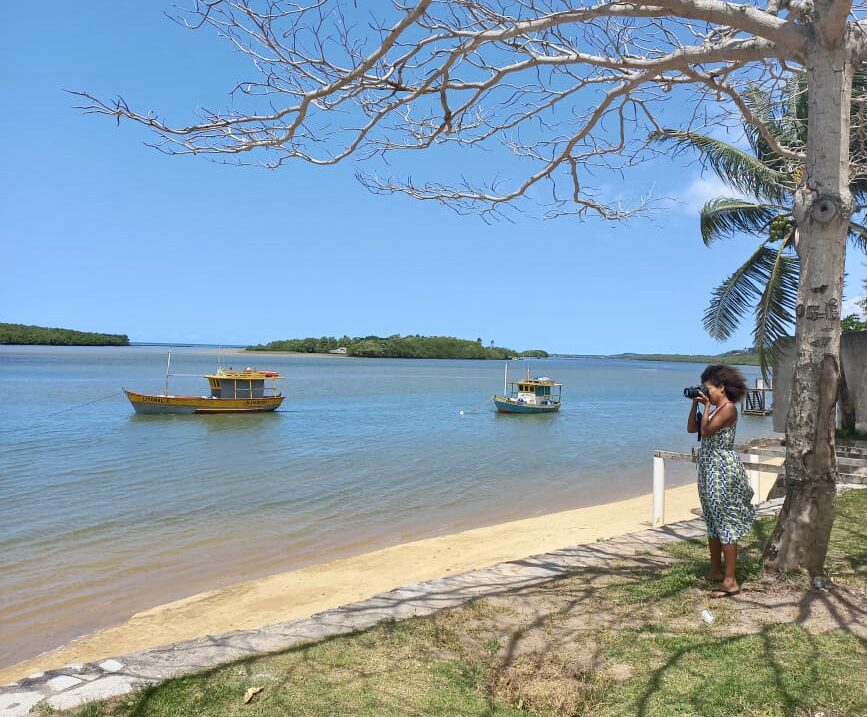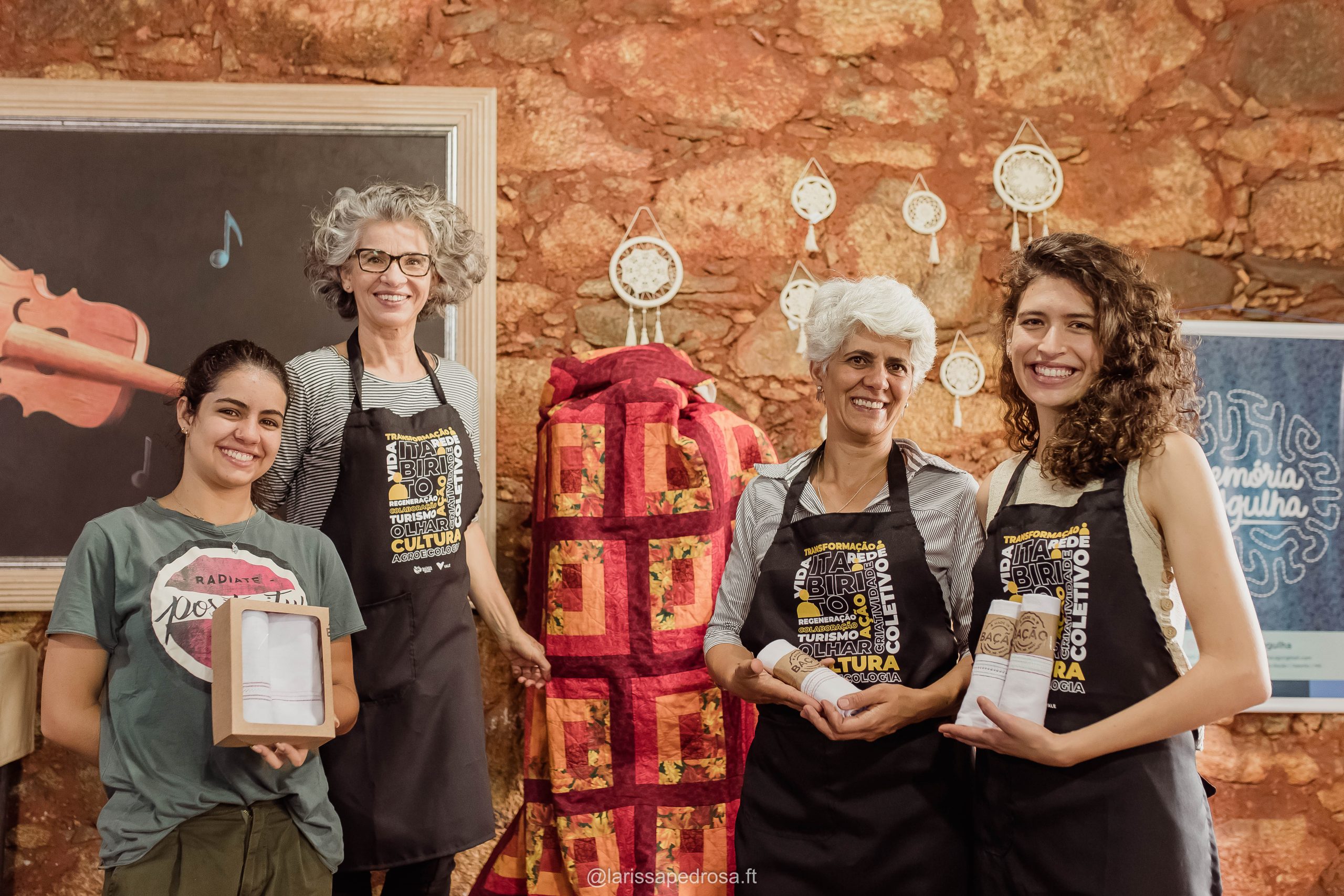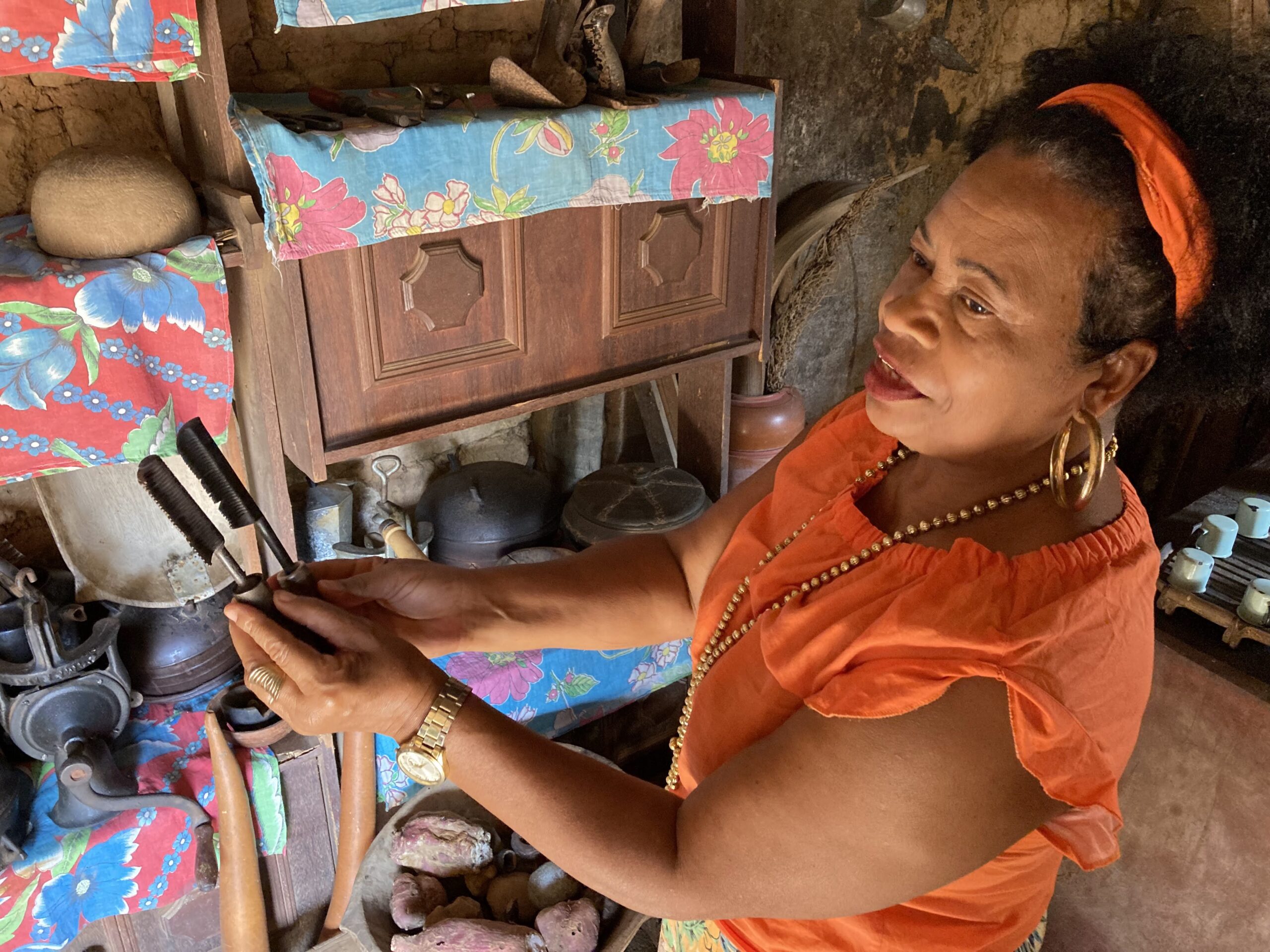
December has arrived and, along with it, the end-of-year vacations and the desire to travel to see new places, experience adventures, or even relax after a long year at work. But have you ever stopped to think about how to be a responsible tourist and how this manifests itself?
A recent survey of more than 33,000 people from 35 countries by Booking.com shows that 74% of tourists want tourism companies to offer more sustainable travel options. What’s more, for these people, the need to take immediate action and opt for greener alternatives in order to preserve the planet is of utmost importance.
And that’s what responsible tourism is all about. As defined by the Ministry of Tourism, “it involves sustainable tourism practices that provide positive experiences for the local population, the private sector, tourists and public authorities”.
But we also need to take an active stance. To practice responsible tourism, we can, for example, use the services of companies that respect the environment and local communities and promote respectful interaction with locals, their culture, and traditions, as well as the conservation of natural and cultural heritage.
Do you identify with this traveler profile?
Tips on where to go and what to see (off the beaten track)
Here is a selection of places that might be of interest to a responsible tourist. We know them all personally and have even been able to contribute to these territories through some of the projects we work on. We hope you find them useful as a tip for visiting this New Year’s Eve or any other time:
Abrolhos Archipelago (BA)
The territory of Abrolhos Terra e Mar, located in the far south of Bahia, is home to a mosaic of marine, coastal, and terrestrial environments and more than a million people, including fishing and indigenous communities. Economically, the region has the largest fishing production in Bahia, providing a livelihood for thousands of fishermen, and is also an important tourist hub in the country, employing around 80,000 people in the area.
In January 2021, Conservation International (CI) Brazil began work on developing a tourism network in the region, the Tourism + Sustainability Program. Raízes was an executive partner in mentoring businesses and initiatives, with support from WWF-Brazil.
Both on land and at sea, you can visit dozens of local conservation units and give preference to businesses that have sought to be more sustainable and connected to the principles of regenerating the planet. Stay at Casa de Paixão in Caraíva, Canto da Jurema in Corumbau or Chez Amado in the Resex of Canavieiras. Take a bike ride with Bahia Active, a boat trip with Scuba, a Pataxó experience with Tibá Etnoturismo, or a complete circuit with Brazilis Travel.
Itabirito (MG)
The municipality of Itabirito, in the metropolitan region of Belo Horizonte, in Minas Gerais, has a territory with entrepreneurial capacity for tourism. Known as the land of pastel de angú, the municipality has not only gastronomic attributes, but also characteristics that make it possible to foster a creative economy.
We contributed to a project that had the objective of empowering local actors to see themselves as protagonists of new segments, potential generators of work and income, and, above all, of social transformation. Today, Rede Recita has restaurants such as Empório 77 and Tá Massa, shops such as Gabriela Menezes Ceramics and Favo de Mel products, artists such as Mina Bloco, Flor de Maio Theater and Serginho Barbosa. The city can be explored on board the charming Jardiredes, a bus adapted for local tours. Well worth a visit!
Quilombo São Domingos – Paracatu (MG)
Recognized as a quilombo by the Palmares Cultural Foundation in 2004, the quilombo Community of São Domingos has around 300 houses; almost all of which belong to the descendants of the quilombo’s first residents, who at the time were free slaves who decided to stay in the area. It is located in the municipality of Paracatu, in the northwest of Minas Gerais.
An initiative of SEBRAE-MG, with the support of Paracatu City Hall and the execution of Raízes, its main objective is to develop a sustainable source of income that values local culture. The project is being developed to add value to Paracatu as a tourist destination. The experiences are still being developed, but it is already possible to visit the Casa Museu and listen to the beautiful stories of the sisters Valdete and Izabel, and eat a zombie cake at the Fábrica de Biscoitos.
Institutionally, Raízes is also part of Coletivo Muda!, a group of enterprises for responsible tourism, which believes that travel is an effective strategy for promoting the sustainability of Brazilian tourist destinations.
Finally, there are more projects, places, and initiatives that you can get to know — either to visit or to contribute in some way — in our showcase. We hope that one or more of them will awaken the responsible tourist in you.
Read also: Responsible consumption is also about consuming better
Photo¹: Reproduction/Terra Brasilis
Photo²: Reproduction/Scuba Turismo
Photo³ and 4: Reproduction/Larissa Pedrosa




